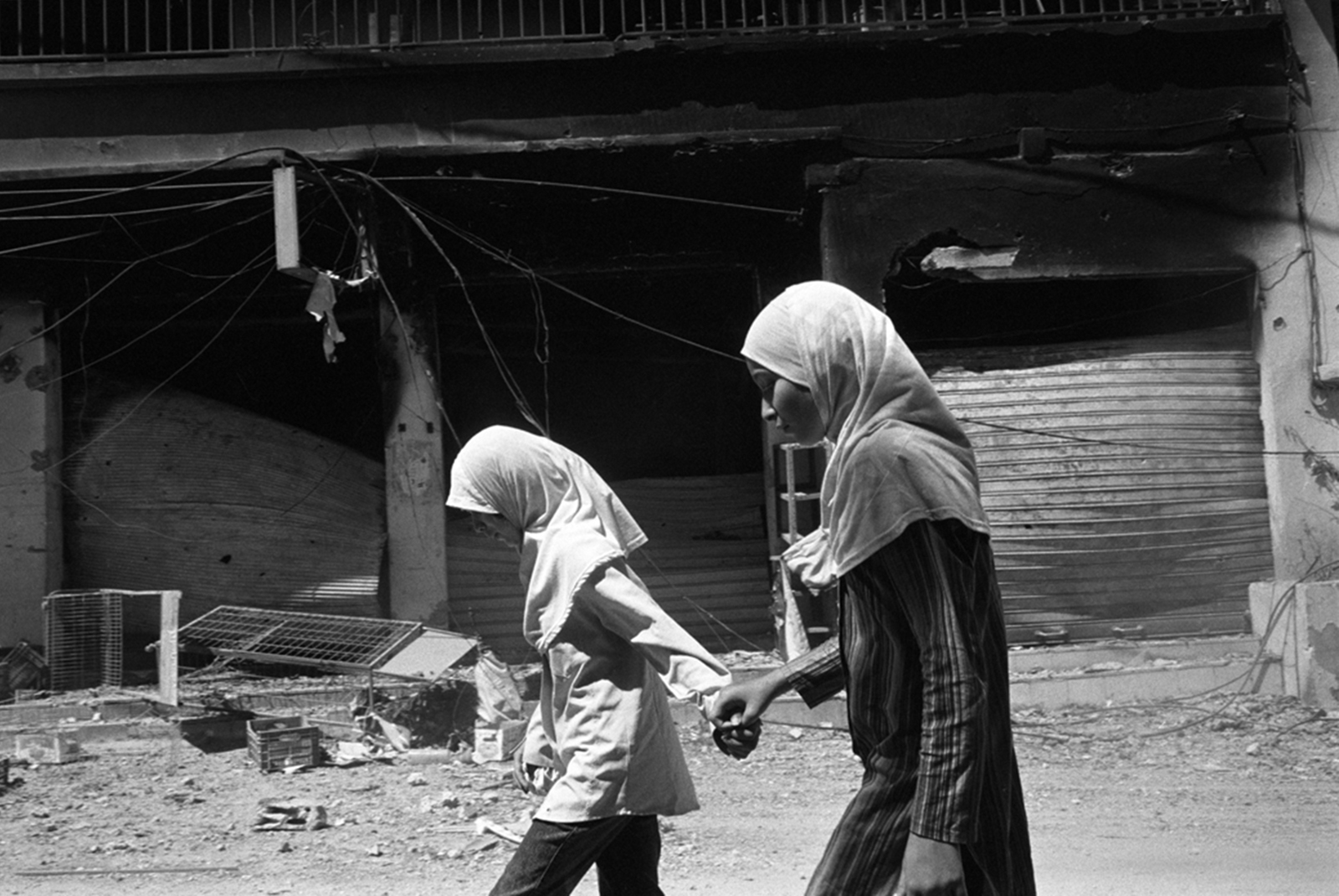Foreign correspondents, combat veterans, and scholars shared images and stories of the impact war can have on civilians, soldiers and the people reporting from war zones during a special event co-hosted by the GRC, the Peter Wall Institute, and Men’s Health Research.
The event, which was moderated by GRC Executive Director Peter Klein, was held on Thursday, September 15 at the BMO Theatre Centre in Vancouver.
It featured award-winning photojournalist Farah Nosh, writer, journalist and photographer Ann Jones, professor and geographer Derek Gregory, and a play performed by Canadian veterans.
The audience learned about the ethically challenging and often dangerous job of being a foreign correspondent reporting from a war zone. Through photographs, Farah Nosh recounted her experience in Iraq, working with victims of the war who had lost limbs, and too often, loved ones. She also recounted the toll her time in Iraq had taken on her mental health.
Writer, journalist, and photographer Ann Jones also spoke about her experience as a foreign correspondent and her battle with PTSD. She took the audience on a journey through the changing definitions and name we’ve given to Post Traumatic Stress Disorder, and why it’s so widespread in war zones — making it very hard to treat and often affecting entire generations and the children of its victims.
Wall Professor and geographer Derek Gregory discussed the changes in the evacuation of war casualties from battlefields over the past century and how it relates to the changing faces of veterans. It was very telling to juxtapose the advances in medical care North American soldiers have access to in war zones compared to the medical services available to civilians in the same area.
The event ended with In Contact! Unload, a play directed by Wall Scholar George Belliveau, in which Canadian veterans depict what it means to transition home after overseas service. The play was a personal and cathartic glimpse into the lives of men and women who have to re-integrate and a find a place in society after the often traumatic experience of war.
The evening ended with a Q&A session in which some of the intersectionalities of how this wide array of people have come to experience war and its lingering consequences. The live event was filmed and is available here.

